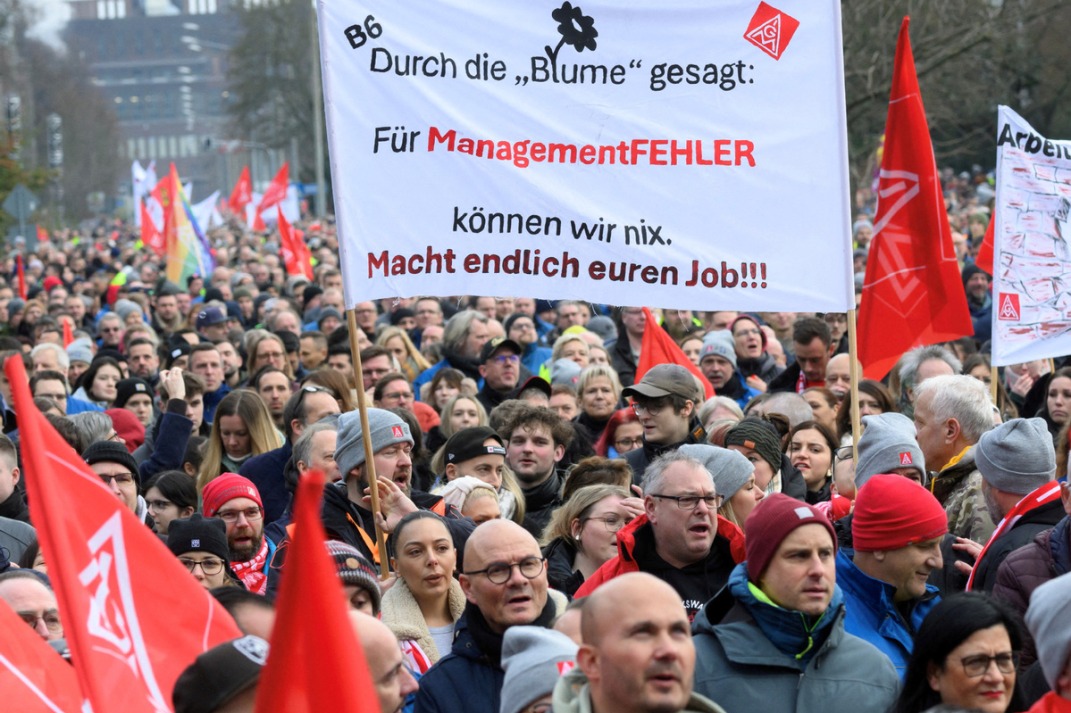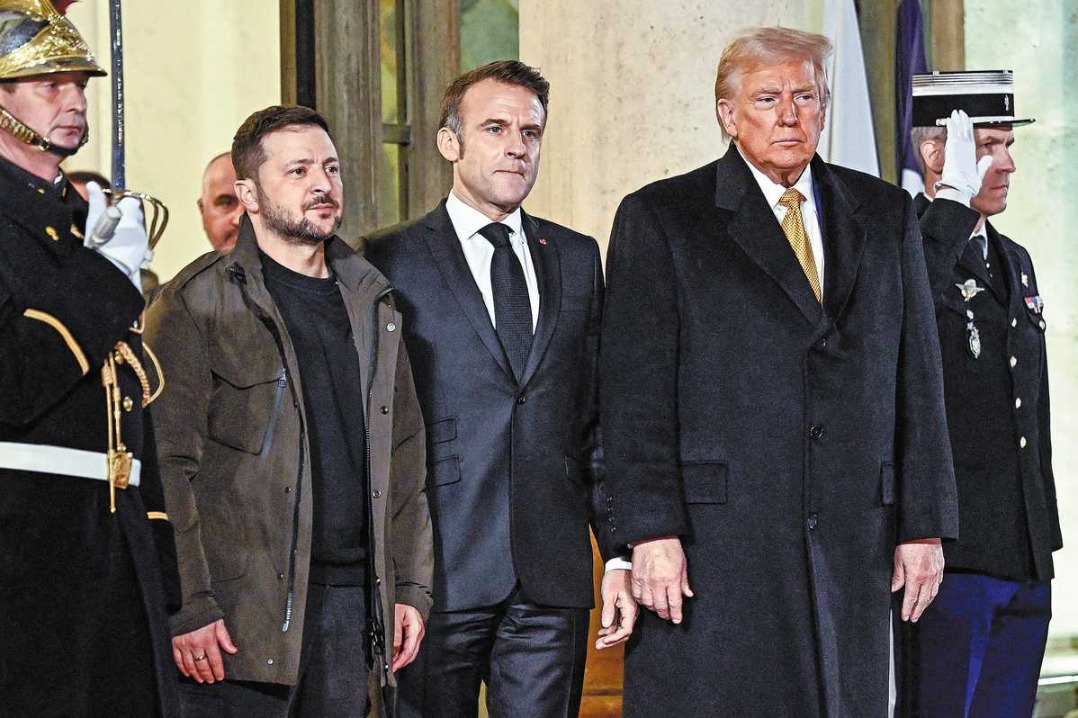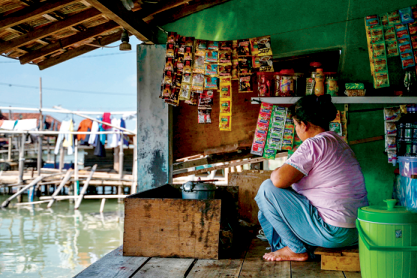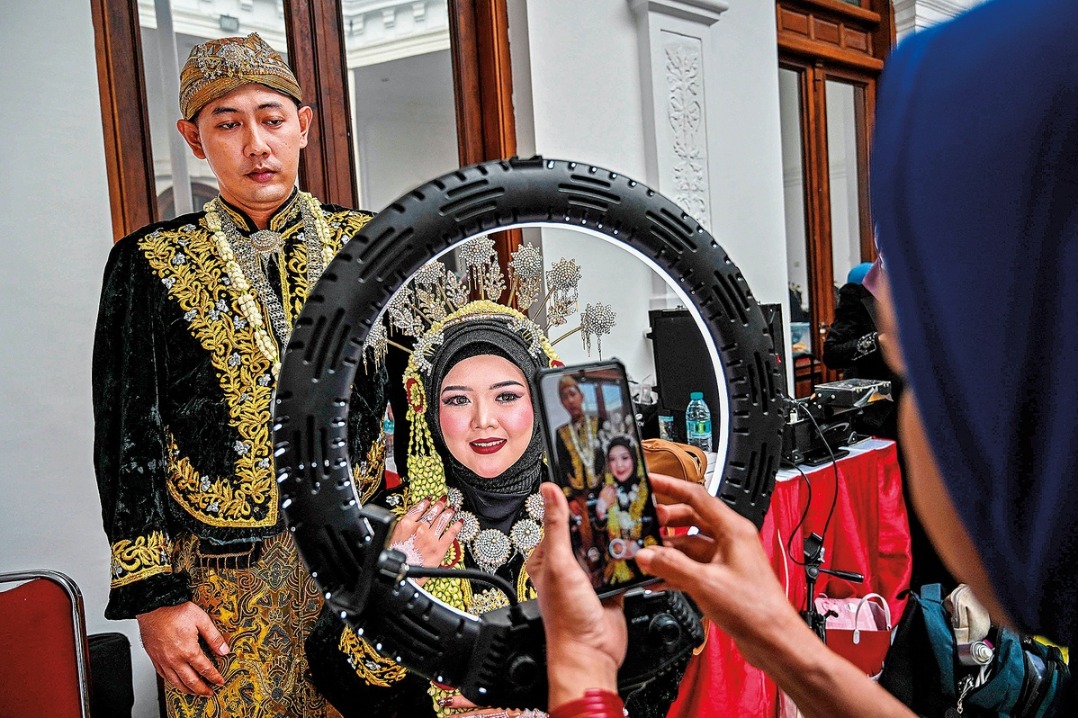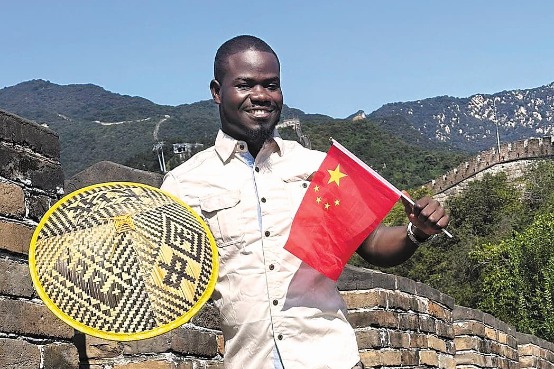Independence Day celebrated in Indonesia
Event in new capital highlights potential for balanced development amid delays






Indonesian President Joko Widodo led the celebration of the country's 79th Independence Day in the planned new capital Nusantara on Saturday, a symbolic move that showcases balanced development.
Officially known as Ibu Kota Nusantara, the future capital is carved from the lush rainforest of East Kalimantan Province on Borneo Island, about 1,260 kilometers north of the current capital Jakarta.
While analysts said the relocation can help distribute development outside Java island and promote a green city, concerns remain about construction delays and funding gaps in establishing Nusantara.
The celebration featured a flag ceremony at the State Palace compound and was attended by 1,300 people, including first lady Iriana, president-elect Prabowo Subianto and foreign diplomats.
The State Palace is only one of the few infrastructures that have been built, with Nusantara expected to be fully developed by 2045.
"Indonesia is a very large country; equality in all regions is needed," Widodo said after the ceremony, state news agency Antara reported. "Eastern, central and western regions must get the same cake."
Apart from the grand ceremony in Nusantara, celebrations were also held at Merdeka Palace in Jakarta, with various competitions and celebrations taking place in recent days.
Sawidji Widoatmodjo, dean of the Faculty of Economics and Business at Tarumanagara University in Jakarta, said there is nothing wrong with relocating the capital — an idea first floated by president Sukarno in 1957. "But the problem (we) faced then ... is the same as now. It is funding," he said.
Rezha Bayu Oktavian Arief, co-founder and CEO of Obviously Sustainable, a social enterprise and advisory firm in Jakarta, lauded the government's commitment to the project but highlighted the "significant challenges" in attracting foreign investors.
"From what we have gathered, the primary obstacles revolve around policies and regulations, particularly concerning land management rights in (Nusantara), which continue to be a contentious issue," Arief said.
Relocating the capital is estimated to cost more than $30 billion. On Aug 12, Widodo announced at his first cabinet meeting in Nusantara that 56.2 trillion rupiah ($3.58 billion) has already been invested in the future capital.
Jakarta's challenges
Apart from distributing wealth in other regions, Widodo said earlier that relocating the capital would also relieve Jakarta's huge environmental challenges. The city, home to 10 million people, suffers from regular flooding and is one of the fastest-sinking cities because of the excessive extraction of groundwater.
The new capital is being envisioned as a smart city, featuring accessible public transport and social services, a diverse community, low-carbon energy sources and more than 75 percent green governmental zones.
Bernadia Irawati Tjandradewi, secretary-general of United Cities and Local Governments Asia-Pacific in Jakarta, said the government's thrust on developing Nusantara as a smart city "will not only improve the quality of people's life through technology and innovation, but it will also push equal distribution of development across Indonesia".
Josua Pardede, chief economist at PermataBank in Jakarta, lauded the government for being selective of investors because this will ensure that investments are aligned with its vision for Nusantara's development.
"The government will get high-quality investment and will not merely strive for the quantity," he said.
But he said it might be difficult for Prabowo's administration to realize the public-private partnership framework adopted by his predecessor. The framework needs to be developed into a more detailed program to make it easier for investors to calculate their return on investment, he added.
Leonardus Jegho is a freelance journalist for China Daily.















